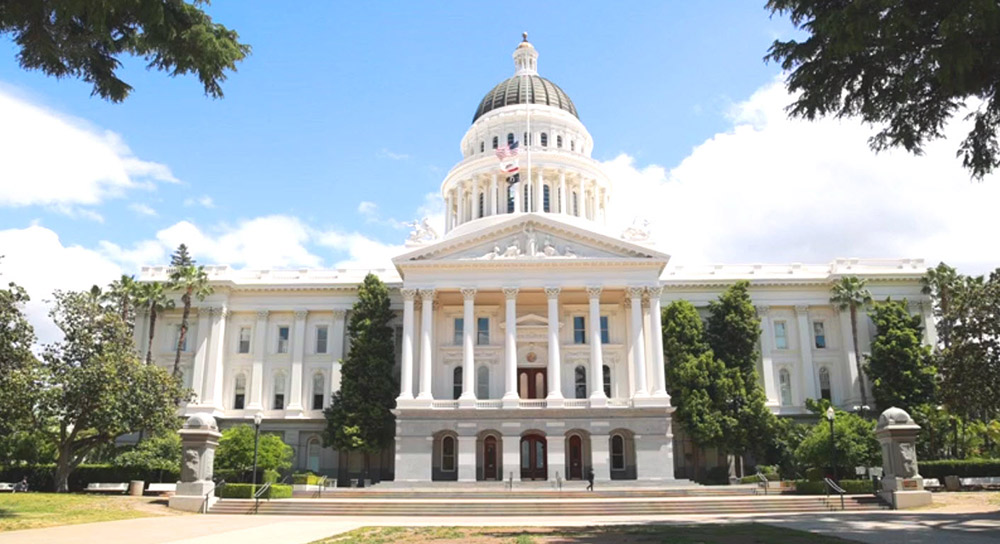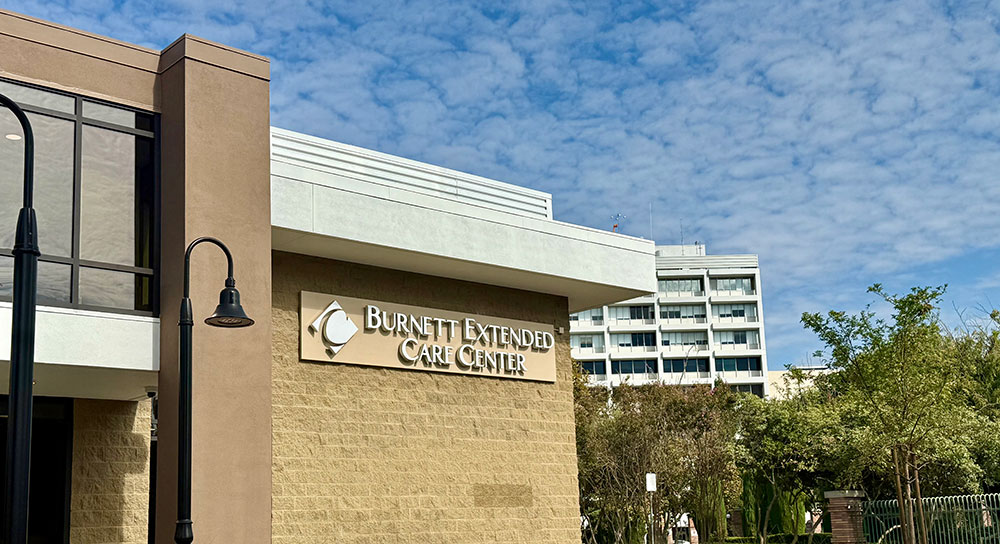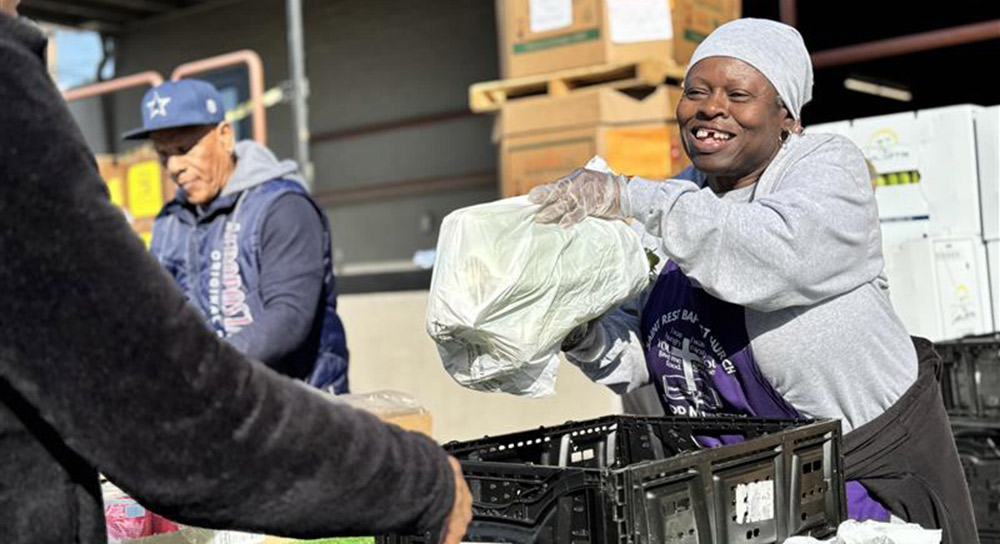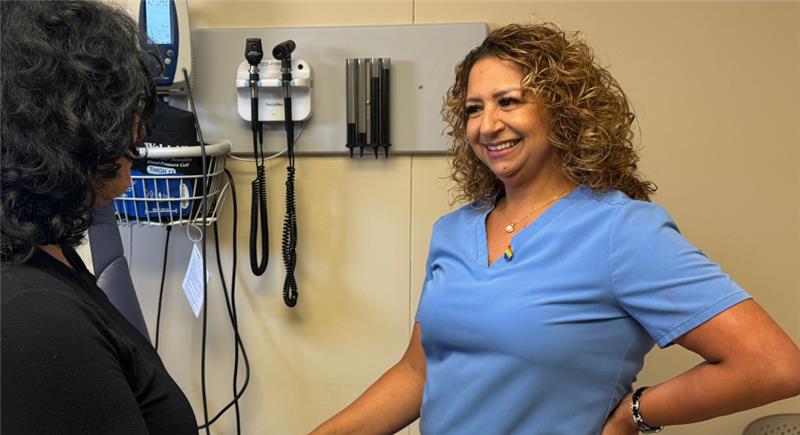With state and federal governments lifting emergency declarations related to the pandemic, hospitals nationwide are feeling financial pressures that threaten to sweep away vital services.
With the closing of Madera Community Hospital, Community Regional Medical Center — Community Health System’s flagship hospital in downtown Fresno — has become even busier and more critical to the region’s health.
“On an average day, we have about 650 patients in our hospital. And in the emergency department, we see about 300 patients a day,” said Robyn Gonzales, Chief Operating Officer at Community Regional.
Community Regional proudly serves as the safety-net hospital to one of the poorest regions in the state, making it more dependent on Medi-Cal and Medicare funding than other hospitals in the region.
“We will take care of anyone regardless of their ability to pay,” Gonzales said. As the second-largest Medi-Cal provider in California, and among the top ten largest Medicaid providers in the nation, Community is only reimbursed for about 88% of total costs, creating an almost $214 million shortfall in Medi-Cal and Medicare reimbursements last year alone.
Vital services at stake downtown
In California, six rural hospitals are at heightened risk of closing due to unrelenting financial pressures, according to the Center for Healthcare Quality and Payment Reform.
And to make matters worse, we also face a looming deadline of the seismic compliance senate bill, SB 1953, which is the original legislation passed in 1994.
Despite the financial pressures of responding to COVID-19 pandemic surges and California’s healthcare worker shortage, Community strives to keep pace with the growing healthcare needs in the Fresno/Clovis metropolitan area.
Our nearly 50-year partnership with University of California, San Francisco (UCSF), one of the nation’s top-rated medical schools, helps train more than 300 residents and fellows in nine specialties and 17 sub-specialties at Community Regional.
UCSF Fresno provides much-needed extra physicians and attracts funding for clinical research that makes the latest treatments available here to Valley residents. “Anything you need specialty care in, we are probably training them here,” stated Gonzales.
Community has invested more than $540 million downtown over the past decade to provide an environment for training the next generation of our Valley’s healthcare workforce.
“This hospital provides so much to so many. We don’t turn anyone away. And if my family or your family is in that car accident and they need to come here and get to the operating room in 12 minutes, that’s here. It’s here for all of us,” Gonzales said, choking up with emotion. “And we get pretty passionate about protecting this place and the asset it is to this community.”
Looming seismic deadline is unrealistic
“Under the upcoming 2030 deadline, hospitals are required to make additional expenditures to further strengthen their buildings,” said Kiyomi Burchill, vice president of executive operations, California Hospital Association. “The problem is, that is simply unrealistic.”
At Community Regional, 617 of the hospital’s 685 beds don’t meet 2030 standards, with costs ranging from $2 to $3 billion to become compliant. The hospital is compliant with the 2020 seismic standards and is located in a very low-risk area in California.
Gonzales asserted, “There is always far more demand than we have capacity. So the thought of removing even one bed is detrimental to the healthcare we provide to the community.”
Burchill explained, “This requirement is forcing hospitals to choose buildings over the very real healthcare needs of their communities.”
One in five hospitals in California is at risk of closing and more than half have negative operating margins, according to the California Hospital Association.
“The need to change the seismic law is a top priority for us because it threatens access to care. We need to protect our communities by seeing a change in this law,” said Burchill.
Community has served Central California for more than 125 years and we want to keep serving our mission to better the lives of all those who depend on us. Despite the financial challenges ahead, we are determined to continue to provide the level of quality care Valley residents deserve.






